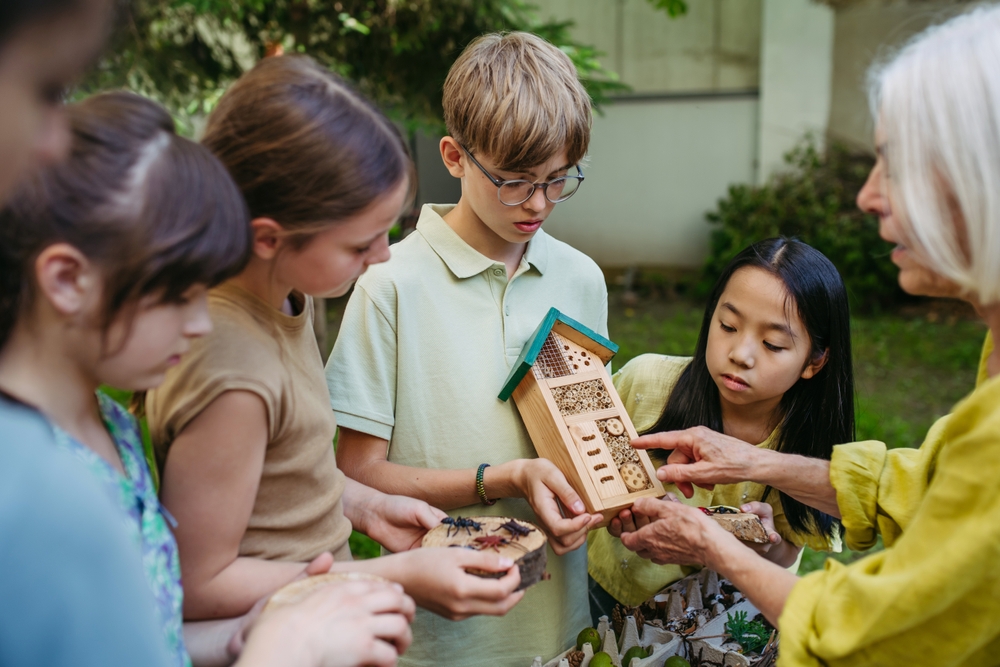There are many extracurricular activities that can help students develop leadership skills. Participating in student government, such as a student council or class officer, can provide students with opportunities to develop leadership skills, such as communication, collaboration, and decision-making.
Forms of Extra-Curricular Activities
Participating in a debate team can help students develop leadership skills, such as critical thinking, public speaking, and persuasion. Students may also learn how to work collaboratively with others to develop effective arguments and strategies.
Other forms of extracurricular activities including joining a volunteer club or service-learning project, can also provide students with opportunities to develop leadership skills, such as empathy, teamwork, and problem-solving. Students can learn about social issues and how to make a positive impact in their community.
Participating in sports teams can help students develop leadership skills, such as communication, teamwork, and perseverance. Students learn about sportsmanship and how to lead by example on and off the field. Music and drama clubs provide students with opportunities to develop leadership skills, such as creativity, collaboration, and communication. Students may also learn about performance and how to inspire and motivate others through their art.

Skills Learned:
- Developing Skills: Extracurricular activities can provide students with opportunities to develop new skills and talents that may not be part of the academic curriculum. For example, a student who participates in a debate team may develop critical thinking and public speaking skills, while a student who participates in sports may develop physical fitness and teamwork skills.
- Building Relationships: Extracurricular activities can help students to build meaningful relationships with peers and adults. This can help to promote a sense of belonging and connectedness, which can have a positive impact on students’ mental health and well-being.
- Building Character: Extracurricular activities can help students to develop important character traits, such as leadership, resilience, and perseverance. Through these activities, students may learn to set and achieve goals, work through challenges, and develop a sense of responsibility and accountability.
- Enhancing College and Career Readiness: Extracurricular activities can enhance students’ college and career readiness by providing opportunities to explore potential career paths, develop skills that are valued by employers and colleges, and build a strong resume or portfolio.
- Promoting Well-Roundedness: Engaging in extracurricular activities can help students to develop a well-rounded set of interests and experiences, which can be beneficial for personal growth and enrichment.
These are just a few examples of extracurricular activities that can help students develop leadership skills. It is important to provide a variety of activities that meet the needs and interests of all students, regardless of their background or abilities.
Overall, participating in extracurricular activities can have a positive impact on student’s academic, social, and emotional development. It is important for schools and communities to provide a variety of extracurricular activities that meet the needs and interests of all students, regardless of their background or abilities.








